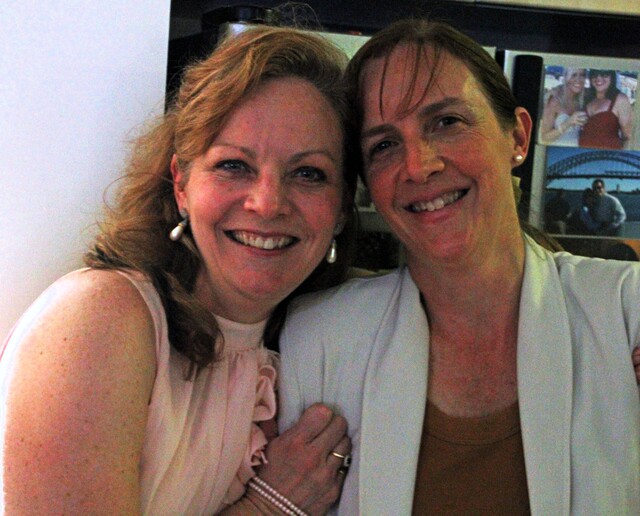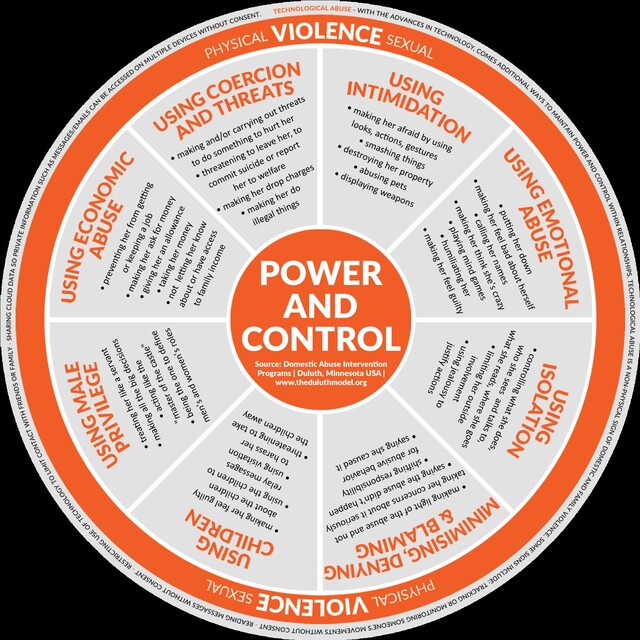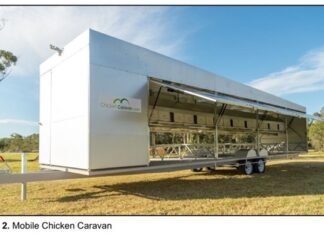On a cool April morning in 2012, my family’s world was shattered.
The tragic murder of my sister, Allison Baden-Clay, not only devastated us personally but also served as a wake-up call for Queensland and the nation.
Allison’s story shocked and captivated the nation. It resonated with people in the community and was in the media almost every day, month after month.
At the time my family wondered why there was so much interest in Allison’s story?
We soon realised it was because she was “the girl next door”, a neighbour, and a kind friend.
Allison was well educated, a high achiever, once a successful business woman, a loving and devoted mother. She, like countless other women, suffered in silence until it was too late.
In Allison’s case, we as her loved ones grappled with the burden of not recognising the signs earlier.
In hindsight, we came to learn that the signs of domestic abuse are not always visible.
We were socially conditioned to look for physical evidence of violence – bruises and broken bones—but we overlooked the insidious signs of emotional and psychological abuse that my sister endured throughout her marriage.
It can be difficult to recognise these warning signs, because as a society we are told to not intrude in other people’s business, especially when it involves interfering with a personal relationship such as someone else’s marriage.
As we came to learn from Allison’s diaries after her death, the non-physical abuse and control her husband exerted grew and intensified over time, culminating in that final act of physical violence that took her life.
Allison had experienced an insidious pattern of abuse and mind games that we now know is called coercive control, behaviours that instilled fear in her and were used to intentionally control and dominate her.
As a result of our own education, we can look back now and see that there were many signs and, had we known what to look out for, our lives and those of Allison and her three daughters may have been very different.
The red flags we didn’t see included changes in Allison’s behaviour and her level of self-esteem, her growing isolation from family and friends, and having limited access to money.
The Foundation we established in Allison’s name has been highlighting the conversation around non-physical forms of domestic violence through promotion of the Duluth Power and Control Wheel – a resource we now produce and distribute across Australia that helps explain the many forms of abusive behaviours.
The Allison Baden-Clay Foundation has since gone on to develop a power and control wheel that helps to identify how coercive control manifests in youth intimate relationships, and another that breaks down the ever-growing area of technology facilitated abuse.
You can find these on our website.
It is important to our family that Allison’s legacy remains a positive one, and that by sharing her experience and what we have learned since she was taken from us contributes to others recognising the signs before it is too late.
While Allison’s case, though heartbreaking, has brought domestic abuse out of the shadows and contributed to stronger laws that keep women safe, we need to continue normalising the conversation around domestic violence.
From 26 May 2025, coercive control will become a criminal offence in Queensland.
Ending coercive control and domestic and family violence requires a whole-of-community effort.
You can make a difference, learn how to start a conversation and safely provide support.
Visit qld.gov.au/coercivecontrol to learn more about coercive control and the patterns of controlling behaviours.
* Vanessa Fowler OAM co-chairs the Domestic and Family Violence Prevention Council. The Prevention Council is working to embed a zero-tolerance approach to domestic and family violence within our communities and across Queensland.










